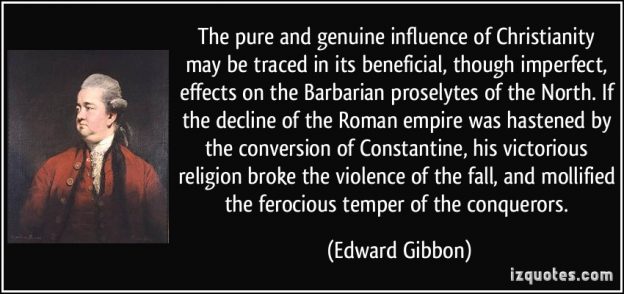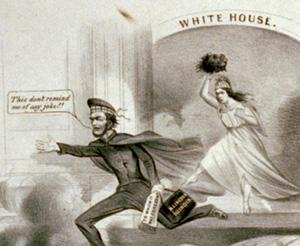NEW COLUMN is “CNN’s Sinophobic Expert Is Clueless: China Is Reactionary, Returning To Confucianism; Not Communism.” It’s currently on WND.COM, The Unz Review and CNSNews.com.
Excerpt:
… Fareed Zakaria’s assertion that China is returning to communism is shallow, even stupid, given the concerted quest among Chinese to reverse the communist Cultural Revolution and reclaim Confucianism, which is antithetical to communism.
Confucianism
While America crumbles into a deadening, brutal wokeness; China, interestingly, seeks spiritual sustenance in its ancient, grand tradition of Confucianism.
Native to China, Confucianism was decimated by socialism, which—Mr. Zakaria may have forgotten—came out of the West. Unlike our own Traitor Class, China’s leaders know what succors the soul, and they want to infuse the nation with that home-grown cultural sustenance.
The Chinese are not a multicultural pottage; they are a real nation that shares a rich and ancient culture. The beauty of a shared, admired heritage is that the country can reclaim it as it works to reverse the foreign cultural revolution, which forbade Confucianism. And indeed, “Chinese parents are keen on a more Confucian education,” confirms The Economist.
Core curriculum and Western classical texts have been all but purged from American schools. In China, the number of “classical texts to be taught in schools has increased from 14 to 72.” From here on, China’s kids will be “learning classical Chinese thought, texts and morals, especially those associated with Confucius.”
So, which is the more exulted and elevated quest, Confucianism or charter schools?
As you see, Zakaria’s rah-rah America uber ales hysteria, mirrored in conservative narrative about China, is worse than incomplete; it’s half-assed. …
… READ THE REST. NEW COLUMN, “CNN’s Sinophobic Expert Is Clueless: China Is Reactionary, Returning To Confucianism; Not Communism,” is currently on WND.COM, The Unz Review and CNSNews.com.





